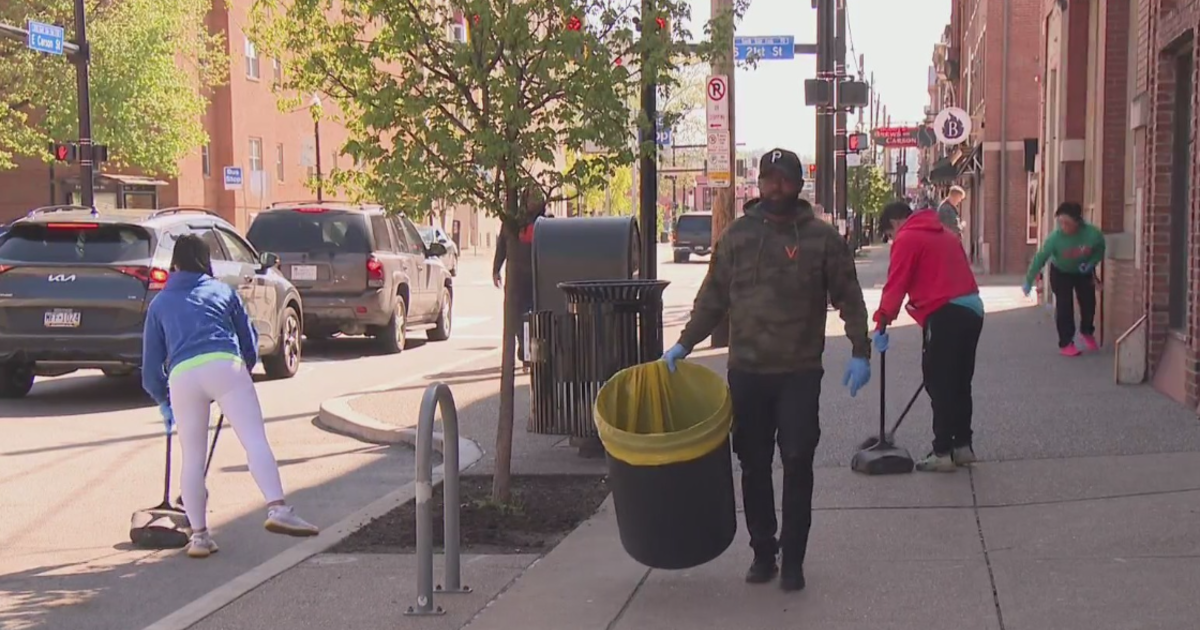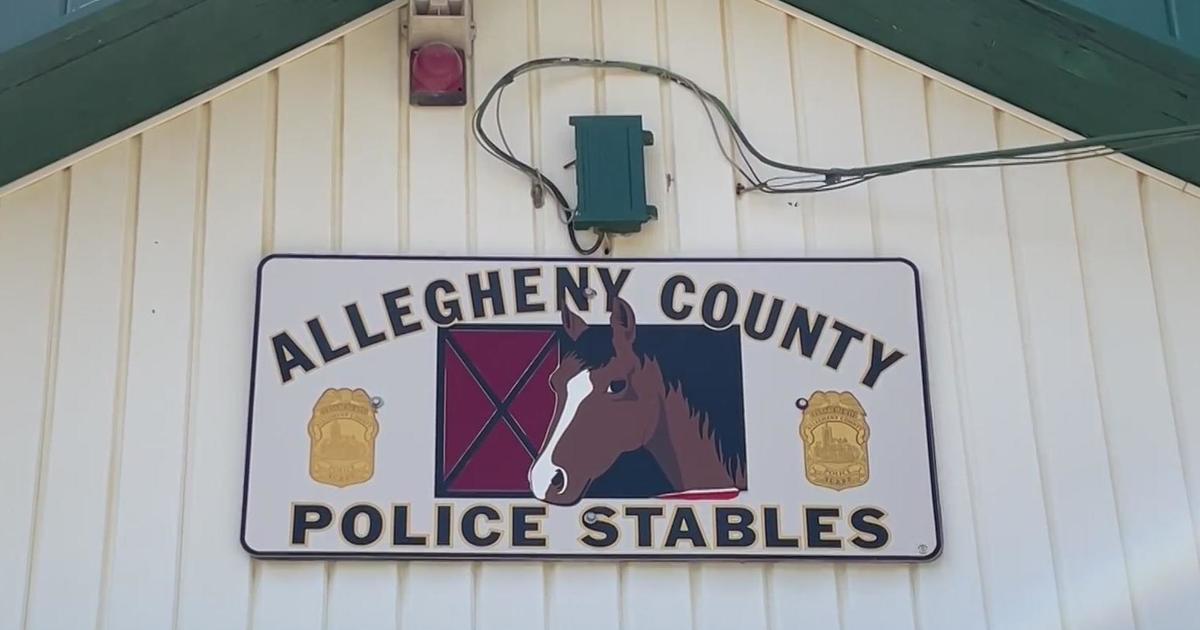Pulse Point App Alerts Nearby Citizens To Cardiac Arrest Patients In Need Of Aid
Follow KDKA-TV: Facebook | Twitter
PITTSBURGH (KDKA) - It could happen to anyone, anywhere and at any time - cardiac arrest.
"Ninety out of 100 people who have an out-of-hospital cardiac arrest, will not survive to leave a hospital eventually," said Dr. David Salcido, a resuscitation specialist. "So the paramedics will come and treat you, take you to a hospital, 90 out of 100 of those people will not survive."
Salcido and emergency medicine physician, Dr. Lenny Weiss are hoping an app can help save lives in Pittsburgh and Allegheny County. It's called Pulse Point. The free app is connected to the Allegheny County 911 system, for those who know CPR, to get to those in need before paramedics arrive.
"It takes some time for paramedics to get there," said Salcido, who's also an assistant professor in the Dept. of Emergency Medicine at the University of Pittsburgh.
"They're very fast in Pittsburgh," he said. "But, we know it takes some time and we also know that traditionally bystander CPR in Pittsburgh has been pretty low."
In Pittsburgh and Allegheny County, on average, one person has a cardiac arrest every day. When 911 is called, Pulse Point pinpoints the patient's location and those who have the app are notified to go to the person and administer CPR or use an AED immediately.
"We would previously call them bystanders, but we want to change that word to layperson rescuer, because it's important they actually do act and not just stand by," added Dr. Lenny Weiss, the command physician for the City of Pittsburgh.
So far, 5,000 people have downloaded the app, including Deb Banks.
Banks told KDKA's Lisa Washington, "…just recently I was actually on the phone with my boss who's in Cleveland and I was talking to her and the alert went off."
Banks is the executive director of the American Heart Association of Western Pennsylvania. She says Pulse Point perfectly aligns with the association's mission of getting more people trained in CPR, which is what she was prepared to do, when she received a Pulse Point alert.
"I hung up, ran out of my office, ran down the hall and got in the elevator and was running out the building," said Banks. "I got to the scene as EMS was getting to the scene and there was just six people standing there doing nothing and this woman was just lying on the ground."
"And I thought do they not know CPR? Are they afraid to do CPR? And I was upset, because that was the whole purpose. It's the only thing that will save your life.
The doctors say hands-only CPR is just fine. People don't need to worry about mouth-to-mouth resuscitation.
"The circulation from the heart is more important than the actual breathing," Dr. Weiss said. "You don't need any formal training to just do hands-only compressions on a patient who needs CPR. Anyone can download this app and check the box saying yes I'm willing to help in the case of an emergency."
The doctors said chest compressions should be performed at 100 beats-per-minute, the same beat as the Bee Gees song, "Staying Alive."
"Their brain is dying in that time period," said Salcido. "It's not getting blood flow from their heart, because the heart has stopped…you need to be the pump for that person. You need to compress their chest hard and fast, that's it."
With Pulse Point, the doctors hope more people will volunteer and be trained to help others stay alive.



